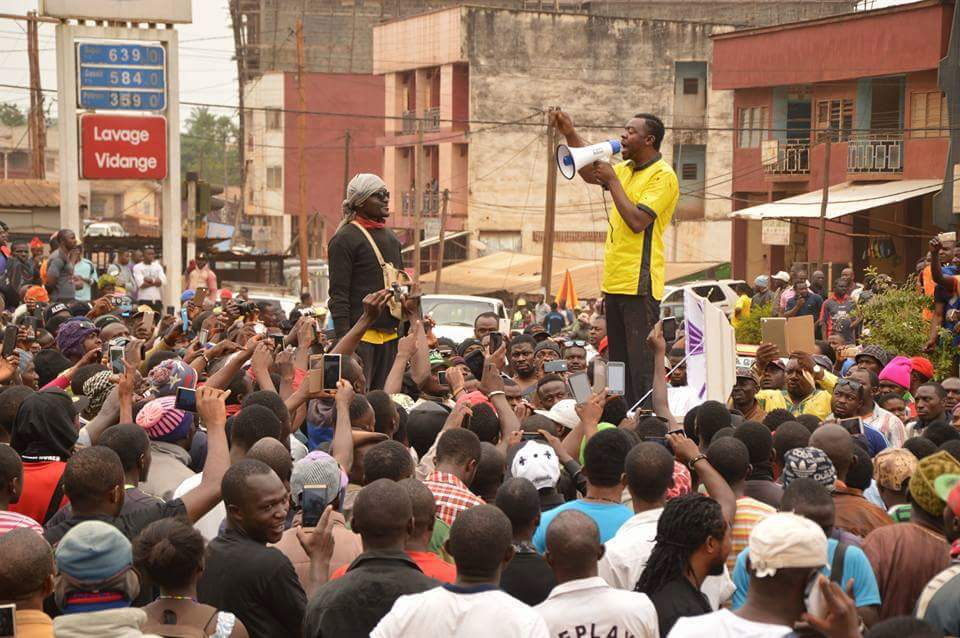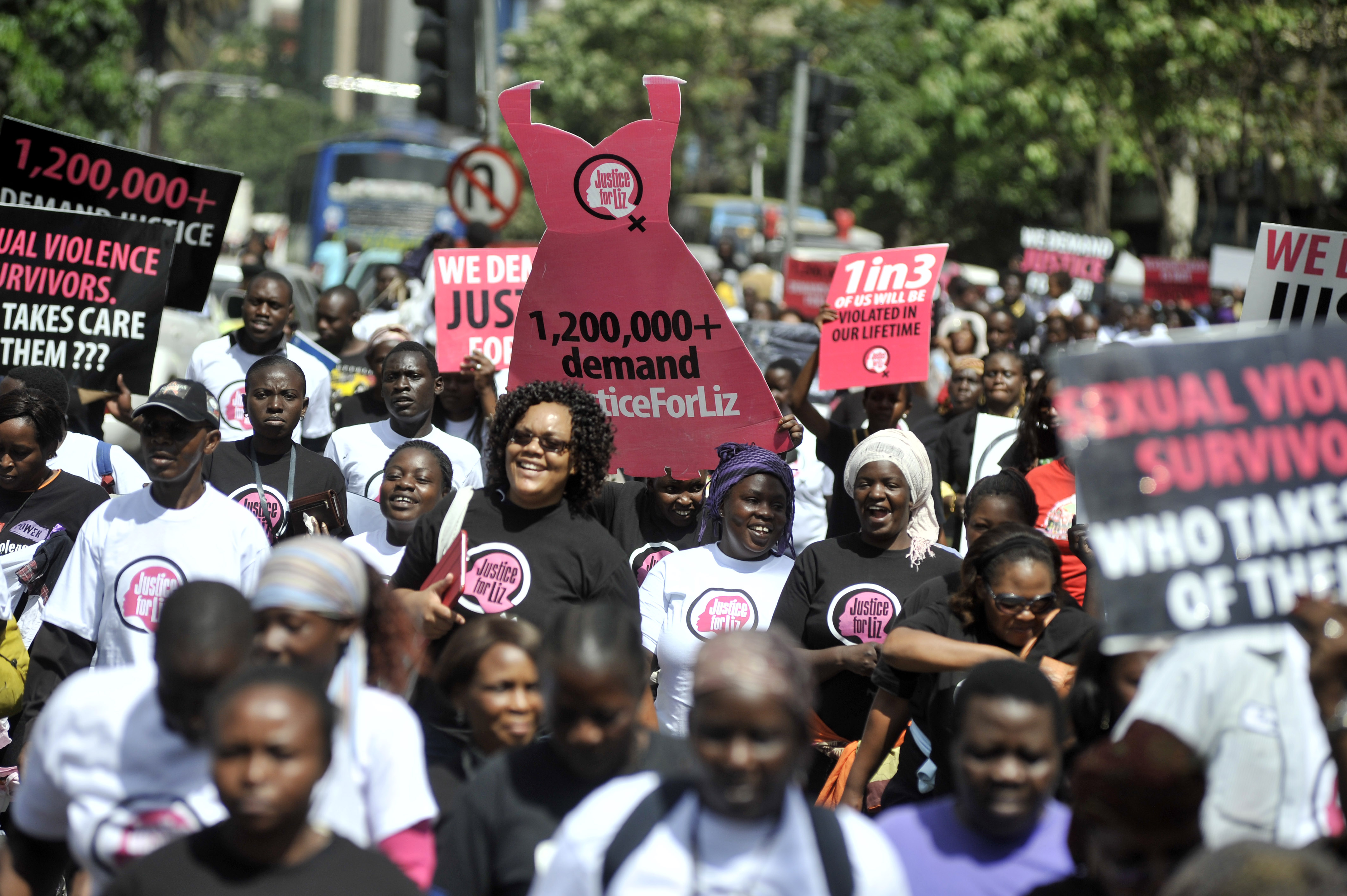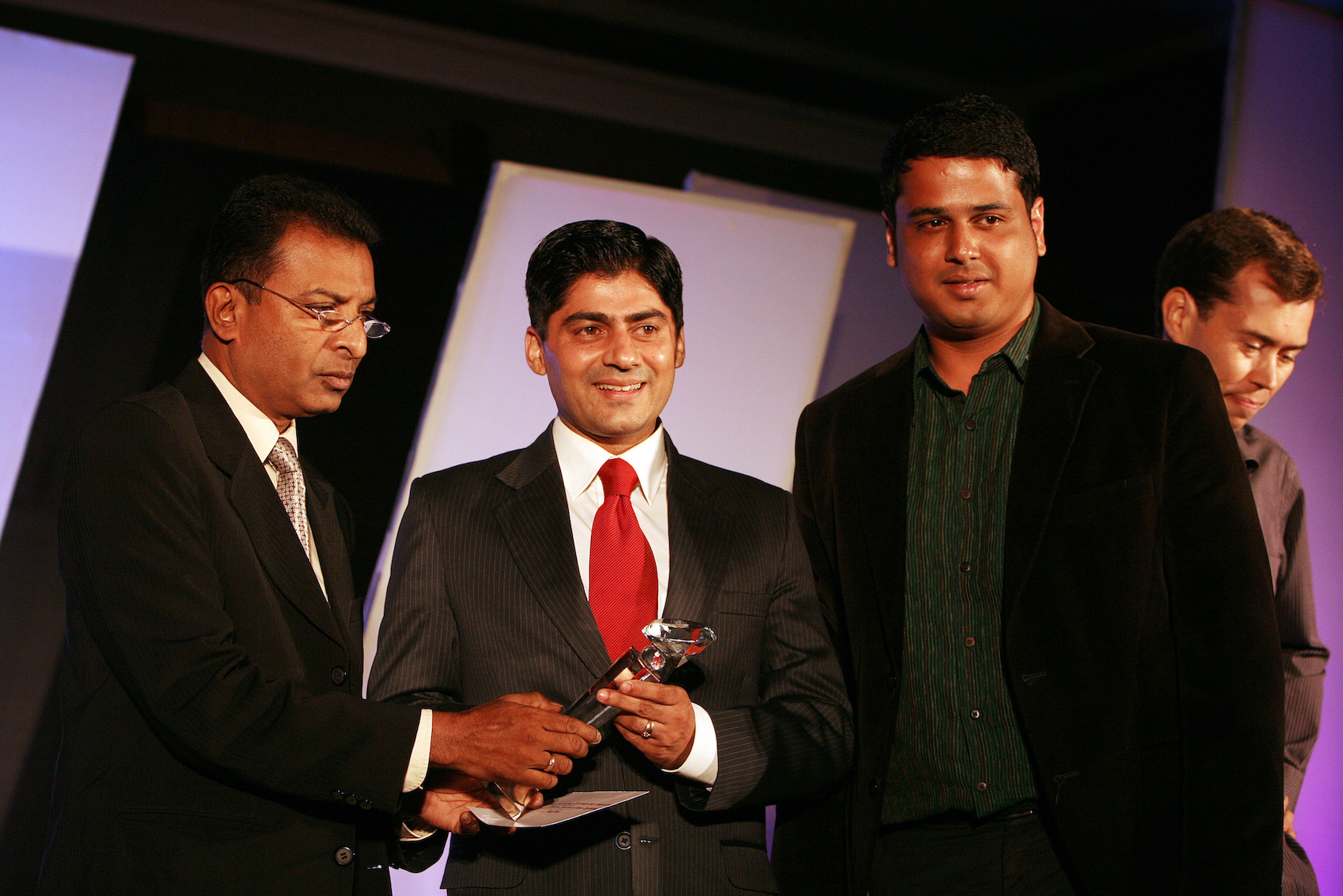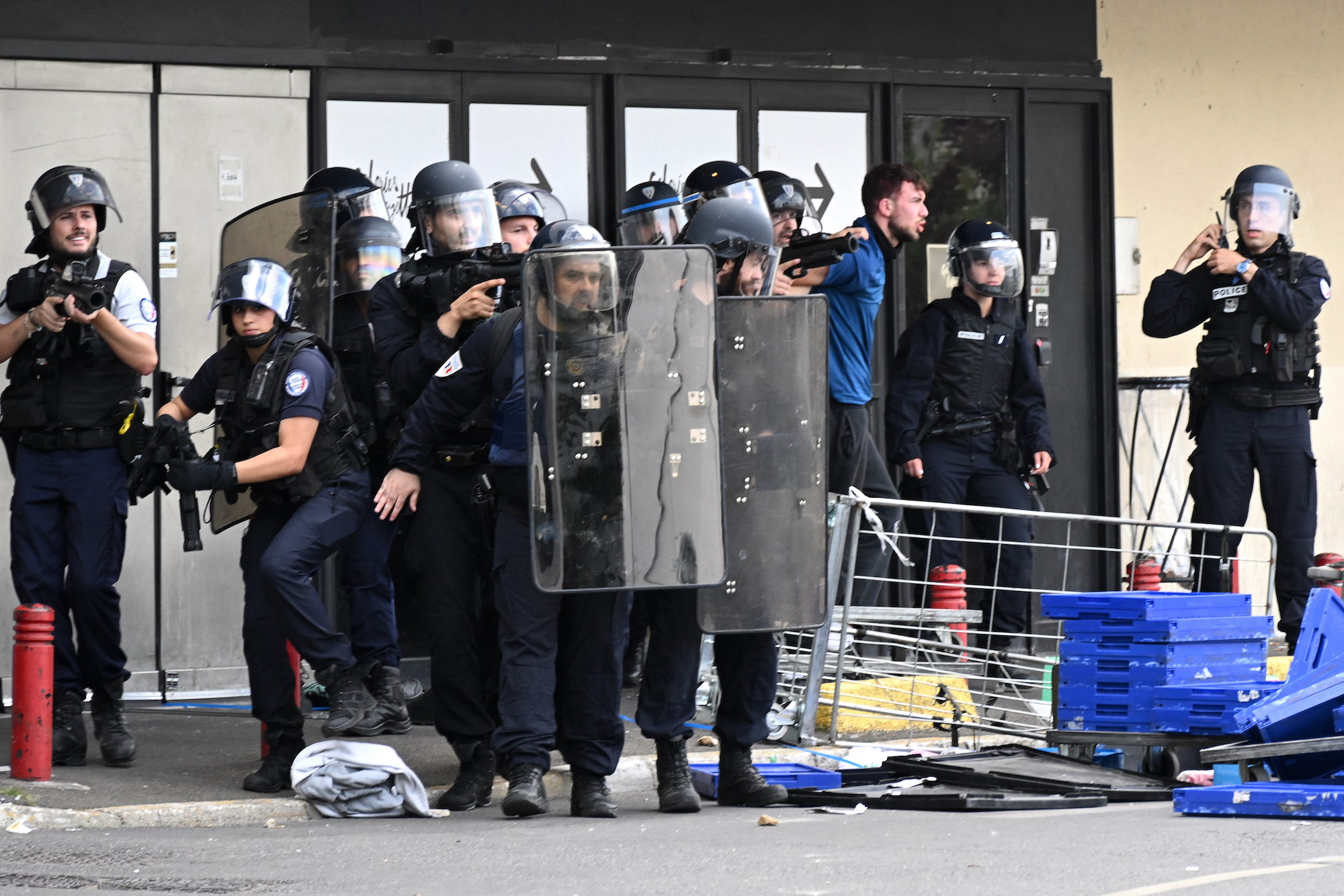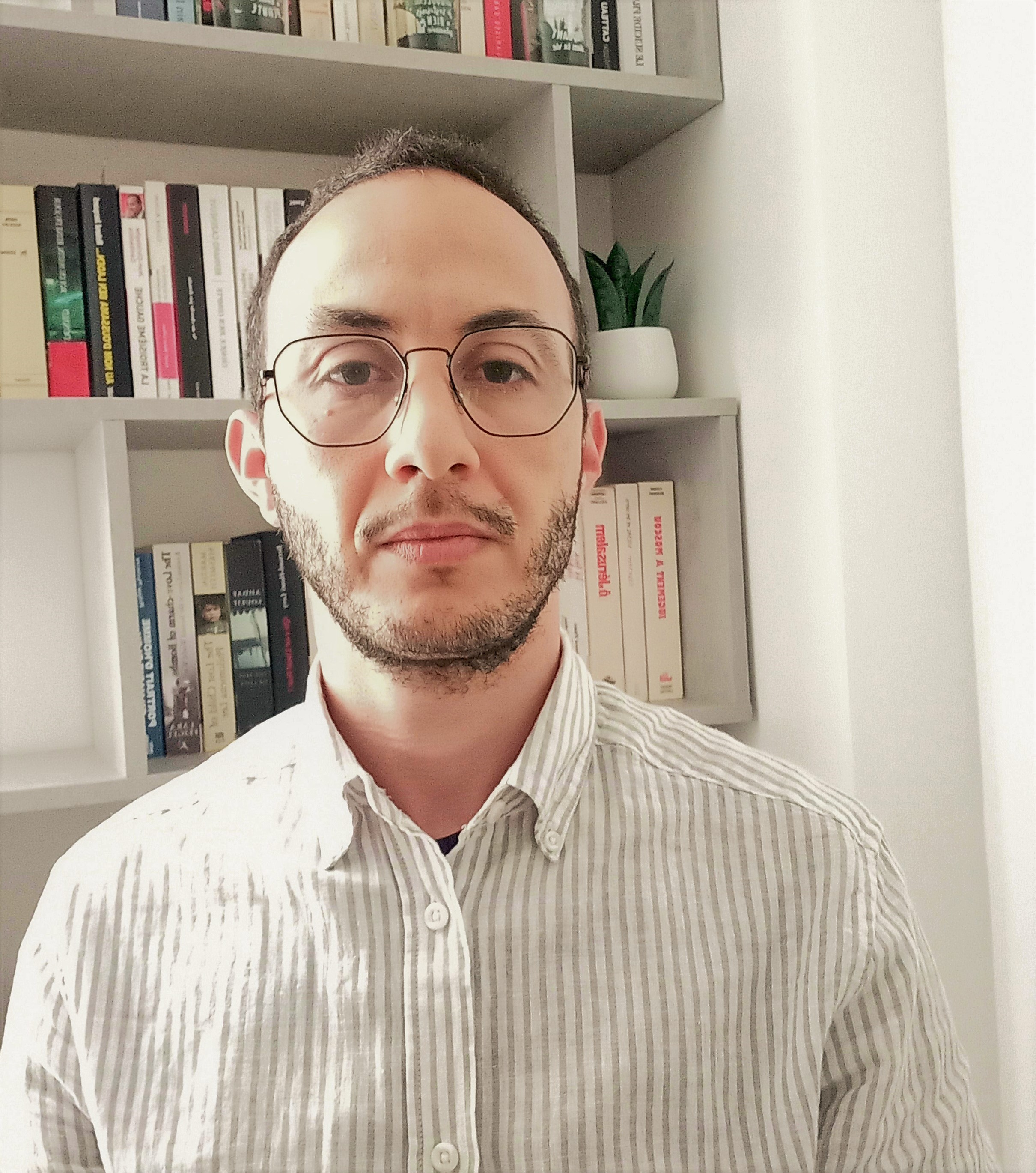لماذا لم يقتلوك؟ هكذا سألني كارلوس سانشيس، مراسل صحيفة إيرموسيو، في مدينة سينالوا شمال شرق المكسيك.
لا أذكر بم أجبته وإن كنت أبتسم عادة إذا ما طرح عليّ أحدهم هذا السؤال، فهو نفس السؤال الذي أطرحه على نفسي وأتبعه بضحكة متوترة.
فالصحافة في سينالوا ليست بالأمر السهل. أرض تلك المدينة مفروشة بسكاكين مشحوذة جاهزة في أي لحظة ولغايات كثيرة من أطراف عدة، سيما وأنها مسقط رأس أخطر عصابات البلاد وحاضنة تهريب المخدرات، بل إن عمر تجارة المخدرات وتهريبها في سينالوا وانتشار المجرمين بها وزراعة الماريغوانا والخشخاش يمتدون لأكثر من مائة عام.
كانت الأمور أكثر هدوءا في السبعينيات والثمانينيات من القرن الماضي. إذ رسم أهالي بلدية كوليشي خطُّا فاصلا بينهم وبين من أطلقوا عليهم "بائعي المطاط" أي مهربي المخدرات، لأنهم كانوا يزرعون الخشخاش ويعالجون المادة المطاطية في الأفيون التي يحصلون عليها من بصلات تلك الزهرة للحصول على الهيروين. وفي مناسباتهم الاحتفالية أو أعيادهم، لم يكن أهالي تلك البلدة يدعون هؤلاء الأشخاص للمشاركة معهم، بل كانوا يتهامسون فيما بينهم عن "بائعي المطاط" وخطورتهم. وكانت العائلات تستبعد من أحضانها الأفراد المجرمين، والآباء يحذرون أبناءهم من الاحتكاك بهم أو التعامل معهم أو حتى مصادقتهم. وكان من الواضح انقسام المدينة بين أهالي مسالمين وأفراد مجرمين.. هم ونحن.. لا يتبادلون حتى التحيات حتى نجحت المدينة –لفترة مؤقتة- على الحفاظ على وسطٍ صحيّ آمن.
بيد أن تلك التجارة كبرت وتضاعفت وأغوت لاحقا الكثير من الشبان والأطفال وأرباب الأسر، فقد كان من الصعب الاستمرار في هذا الفصل مع التحاق الكثير من أفراد العائلات بتلك الأعمال غير المشروعة، ثم سيطر زعماء المخدرات الكبار التاريخيون على مدينة سينالوا مثل إسماعيل سامباذا غارسيا، أو "إلمايو" و"إلتشابو" وباتت لهم جيوش مسلحة وتابعون.
ولأنها انتشرت في المدينة وبين الأهالي، فقد كان وحّدهم الشعور بالانتماء لبعضهم البعض للوقوف ضد الحكومة والمنظمات الإجرامية الأخرى.
وبسبب التورط الحكومي أيضا، فمعظم الجناة كانوا محميين بل كان الأهالي يشهدون جريمة قتل يدور مرتكبها في الحي مزهوا دون عقاب.
تزايدت حالات القتل حتى وصلت لنحو 7500 جريمة في السنوات الخمس الأخيرة التي حكم فيها تلك الولاية ماريو لوبيس بالديس. وبات من الواضح أن تلك التجارة محمية من السلطة، ازداد الغنى وزاد العنف، وخصوصا من قبل عصابات أخرى كعصابة الأخوين بيلتران ليفا.
90% من عمليات القتل هذه كانت خلال صراعات بين العصابات أنفسهم في سوق المخدرات، من بينهم 60 امرأة إضافة لـ 2300 مفقود لا يبحث عنهم سوى أقاربهم.
أفلتت تلك الجرائم من العقاب، وباتت المدينة كالرمال المتحركة التي يصعب على الصحفيين السير فيها.
ولم يكن دورنا كصحفيين متخصصين يكتمل في تغطية هذا النوع من الأخبار بالكشف فقط عن جرائم العصابات بل أيضا عن دور الحكومة ورجال الأعمال في التستر عليهم وحمايتهم. وأبعد من ذلك الحديث عن قصص تلك المجتمعات المهزومة التي اعتادت على تجارة المخدرات، وصار انتظار الموت بالنسبة لها أمرا اعتياديا.
إسماعيل بوخوركيس، مدير تحرير صحيفة "ريودوسي" المعروفة بنشرها معلومات كثيرة وموثوقة عن تهريب المخدرات، يقول" إن ما لا تنشره الصحيفة لهو أكثر عنفا مما تنشره، بل يصل ما ننشره لـ70% مما نعرف.. بل مما نحن متأكدون منه.. لا نستطيع كتابة كل ما نعرف".
أثارت تلك الصحيفة مخاوف الناس نظرا للحقائق المروعة التي كانت تنشرها، وقد حققت نجاحا قوميا ودوليا وحازت جائزة مورس كابوت 2011 التي تمنحها جامعة كولومبيا بنيويورك ونادي "إل بي إي إن" بفضل سياستها التحريرية المتميزة عام 2012.
مع هذا، فقد كانت هذه الصحيفة أشبه بقارب ورقي يغرق أحيانا، وأحيانا يصل لبر الأمان وأخرى يبدو تائها وسط الانتقاد والمحاربة في ظل غياب الحس الوطني والنقد الشجاع في سينالوا والمكسيك.
لويس فيورو، الصحفي والكاتب المكسيكي الحاصل على جوائز دولية ومحلية قال خلال حديثه عن نفس الصحيفة (ريودوسو)، "لا بد أن نروي قصصا من الحياة وسط الموت.. وسائل إعلام أخرى تحصي عدد الأموات سنويا.. آخرون -ومنهم نحن- اخترنا القصص.. نتحدث عن أسماء وعائلات الضحايا.. وأيضا عن الجناة.. عن المجتمع وعن الفقر ونقص الفرص واليأس والنضال ضد هذا كله.. عن كتابة قصص الأحياء، عن الطلقات الضائعة التي أخطأت أهدافها، عن الجدران المليئة بالثقوب.. عن الأطفال الأيتام و"متتبعي الأثر" الذين يبحثون عن مقابر سرية لأفراد عائلاتهم المتوفين وعن جثثهم في أعماق الموت، لأن الحكومة لا تبحث عن المفقودين ولا تحقق بقضيتهم بل إنها حتى لا تعاقب".
لماذا لم يقتلوك؟ لا أعرف. والحقيقة لا أريد أن أسأل. بل أفضل أن أحقن نفسي بجرعات من الأمل والنسيان لهذا الواقع الذي اخترت أن أغطيه.





























![A demonstration against Israel's war on Gaza on Paulista Avenue in São Paulo on November 4, 2023, draws attention to the deaths of children while the media focuses on the war against terrorists. [Photo: Lina Bakr]](/sites/default/files/ajr/2024/Picture1.png)

